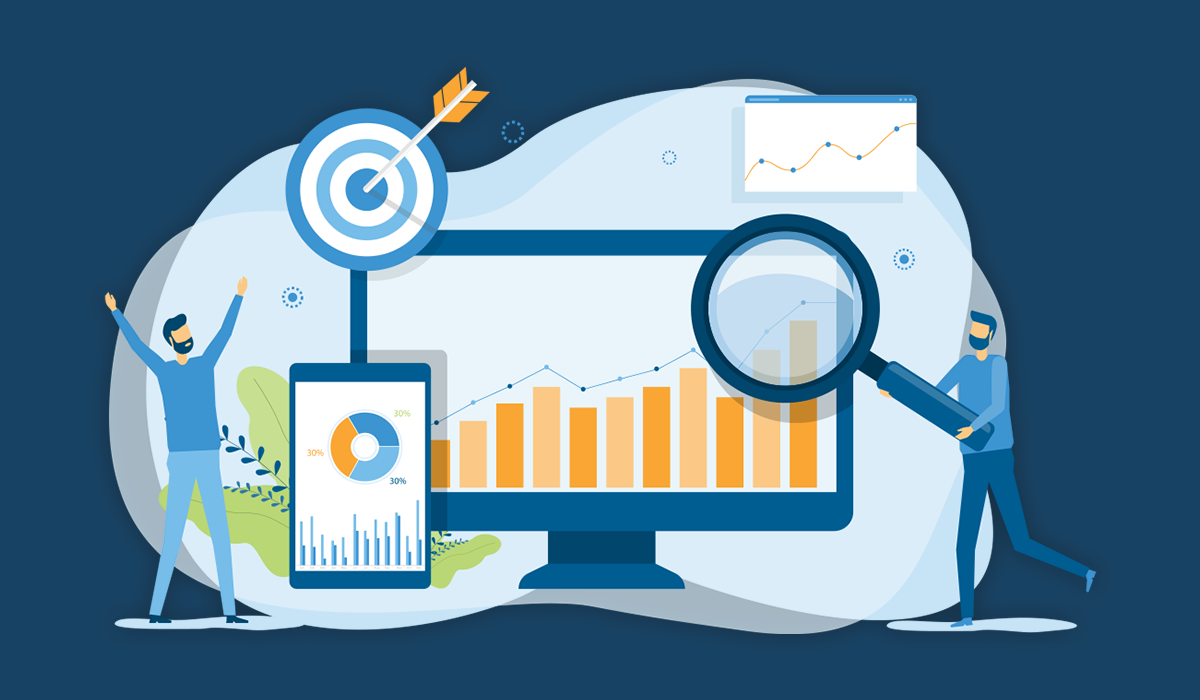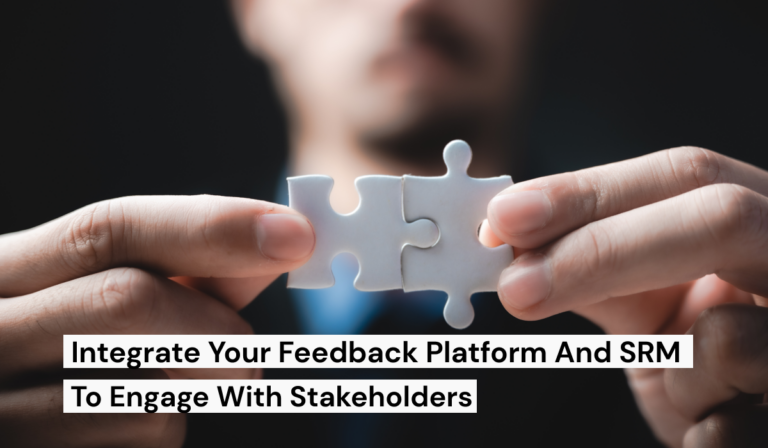We’re living in a world where the volume and value of data are growing exponentially. Information sharing empowers innovation, but only when data is managed effectively.
Stakeholder engagement is a continuous process of perspective seeking that allows you to create a huge pool of knowledge from people with a diverse range of experiences and expertise. However, in order to turn those insights into competitive action, it’s essential to have a reliable stakeholder management platform where you can record and analyse all of that information. Some executives think that buying a software solution will be the ‘silver bullet’ that helps them to unlock the power of collective stakeholder knowledge. However, a stakeholder management platform is only as good as the information that you feed into it and there is no magic wand that you can wave to ensure your data is always accurate and reliable. Here are five best practice tips that you can implement to manage your stakeholder data and turn it into a competitive advantage.
1. Create a Central Hub
A stakeholder management platform is a centralised and secure information hub that can be accessed by anyone in your team with an internet connection. The future of work is hybrid and distributed, so the importance of having a central hub is paramount. When you have a geographically dispersed team and varied stakeholders, it’s crucial to have an easily accessible source of truth. Without one, your team members might store stakeholder data in spreadsheets and information can sit in silos that are organised around their own activities. Others might store their information into emails, task management systems, personal notes, or simply keep it ‘all upstairs’. Security breaches can easily occur when information is segregated and the integrity of your data is compromised. This creates a lot of risk when it’s likely that stakeholders will have contact with more than one member of your team. If anyone goes into a stakeholder meeting without knowing what’s been said by whom, you will give the impression that the left hand of your organisation doesn’t know what the right hand is doing.
2. Begin With the End Game in Mind
One of the most common mistakes we see people make when setting up a stakeholder management platform is failing to begin with the end game in mind. Before setting up your platform with all of the bells and whistles, make sure you know what outcomes you’re looking for and how you want the platform to achieve them. Consultation Manager allows you to customise your data capture tools to ensure that you’re gathering the information that you need – consistently. Make sure that you perform a thorough needs analysis and structure your data framework in a way that meets your goals. You can always adjust things as you go, but starting with the right foundations will ensure that your platform underpins, rather than dictates your stakeholder engagement strategy.
3. Educate Your Team
One of the most common barriers to the use of a stakeholder management platform is anxiety about what to put into the system. It’s important to set the ground rules and communicate a mandate on what data to capture and how. There is nothing more frustrating than going into a stakeholder’s profile expecting to find their contact details and interaction history, but all you have is their name. Every organisation has different needs for information, so having a protocol will help your entire team understand what is expected of them and improve consistency. You can also share the training guides, support, and online resources available to empower your team to use Consultation Manager.
4. Empower a Data Management Champion
Identify champions to become experts in the new system and be proactive in promoting data quality. It’s important to reward good effort and a data champion will constantly highlight examples of the platform being used well throughout your organisation so that everyone stays motivated. They will also share the benefits that have been gained from effective use of the platform, for example, an enhanced reputation built by consistent communications, faster response times, and improved stakeholder sentiment over time. There is also a Consultation Manager Accreditation which can be used to upskill key team members.
5. Unlock Insights With Effective Reporting
When your stakeholder management platform is up and running, you will have a wealth of information at your fingertips. But, you need to know how to turn that information into insights. Consultation Manager has a range of out-of-the-box reporting tools, such as sentiment analysis and full history records. Make sure that you build a tailored dashboard to get quick snapshots of your projects and teach your team how to interpret them. You can also set up regular reports that will run at any time period and quickly send them to key stakeholders. This is very useful if you have specific compliance requirements. However, the power of effective stakeholder reporting goes beyond regulation. Connecting the dots across all of your stakeholder relationships to empower informed decision-making is the ultimate goal.
Organisations today are facing increasing pressure from regulators and the marketplace to improve how they collect, use, and store data. That pressure will only increase as more innovations unfold and we find better ways to analyse, share, and interpret information to gain a competitive advantage.



